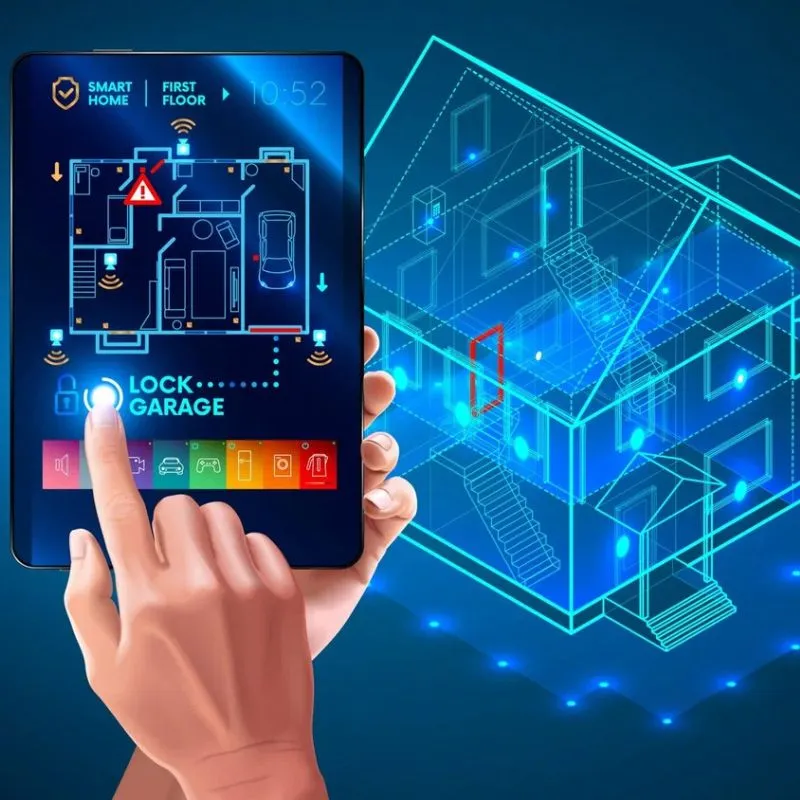Introduction:
The concept of an intelligent and connected home has evolved from science fiction to an exciting reality. With the rapid advancement of technology, homes are becoming smarter, more efficient, and seamlessly integrated into our daily lives. From voice-controlled assistants to automated systems, these innovations are transforming how we live. In this blog, we explore the latest advanced technologies that are making homes more intelligent and connected, offering convenience, security, and energy efficiency.
Intelligent and Connected Homes:
1. Voice Assistants and AI Integration: The heart of any smart home is the voice assistant. Devices like Amazon Alexa, Google Assistant, and Apple Siri are powered by artificial intelligence (AI) that allows homeowners to control a variety of smart devices with simple voice commands. Whether adjusting the thermostat, turning on lights, or controlling home entertainment systems, these voice-activated assistants make managing your home easier and more intuitive than ever.
2. Smart Lighting and Temperature Control: Gone are the days of manually adjusting your thermostat or flicking switches. Advanced technologies like smart thermostats (e.g., Nest) and smart lighting systems allow for remote control via apps or voice commands. Smart thermostats learn your preferences over time, adjusting the temperature to optimize comfort and energy efficiency. Similarly, smart lighting systems can be scheduled to dim or brighten depending on the time of day, reducing energy use while providing a customizable ambiance.
3. Home Security Systems: With the rise of IoT (Internet of Things), home security has entered a new era. Connected devices such as video doorbells, motion sensors, and surveillance cameras are now accessible through smartphones. Homeowners can monitor their properties in real-time from anywhere in the world, receive instant alerts, and even interact with visitors remotely, enhancing both convenience and security.
4. Smart Appliances: Intelligent appliances are taking convenience to the next level. From refrigerators that can suggest recipes to ovens that can be preheated remotely, smart appliances are becoming more intuitive and user-friendly. These devices not only save time but also offer improved energy efficiency, helping homeowners reduce their carbon footprint.
Conclusion:
Advanced technology is revolutionizing the way we interact with our homes. With interconnected devices and intelligent systems, homes are becoming more efficient, secure, and easier to manage. As these innovations continue to grow, the future of connected homes promises even more convenience, sustainability, and smarter living solutions.





